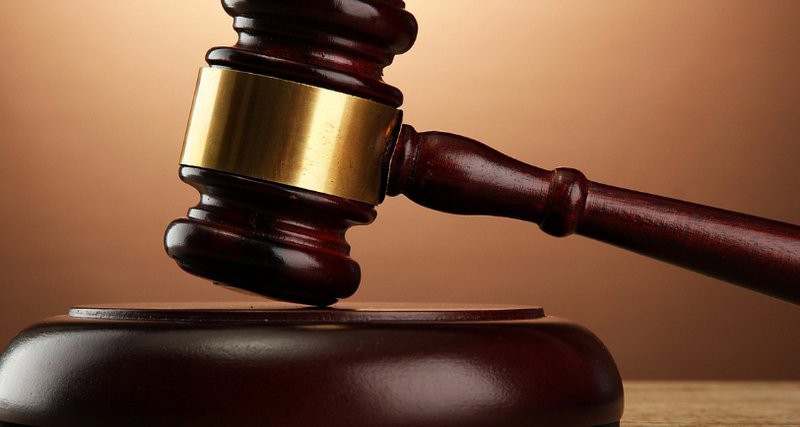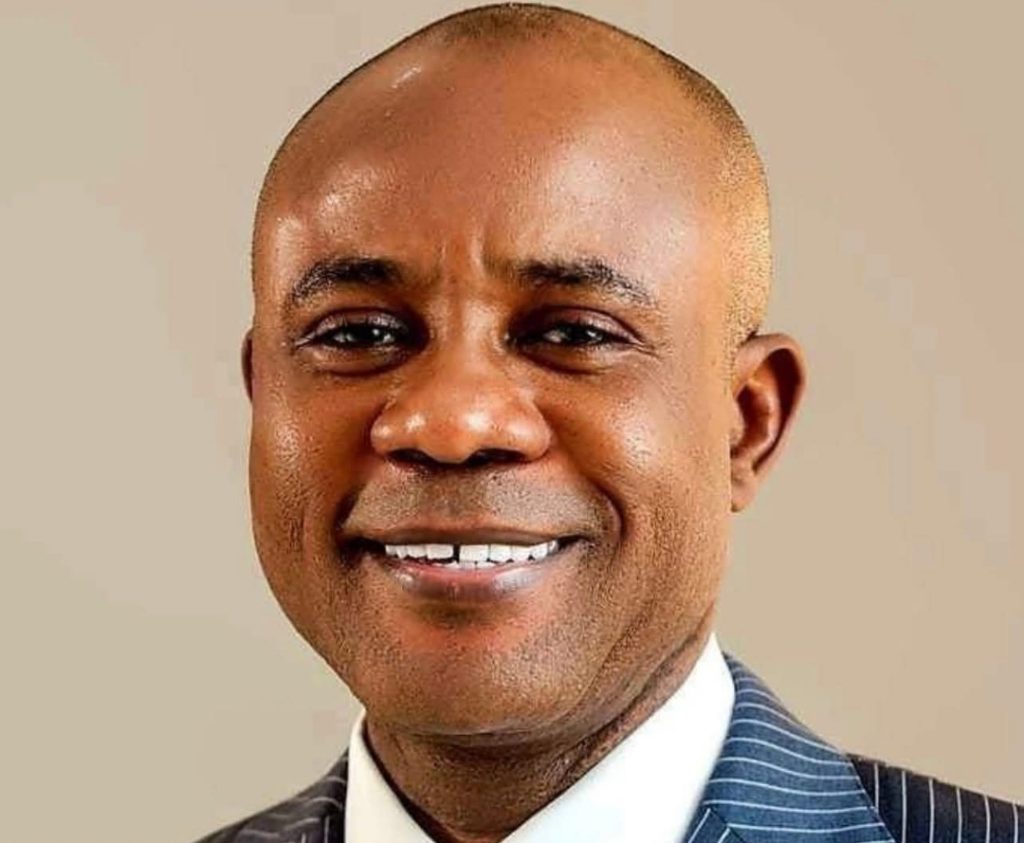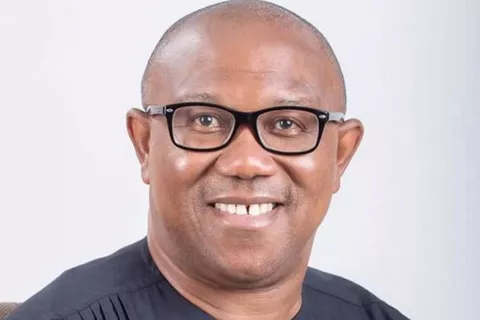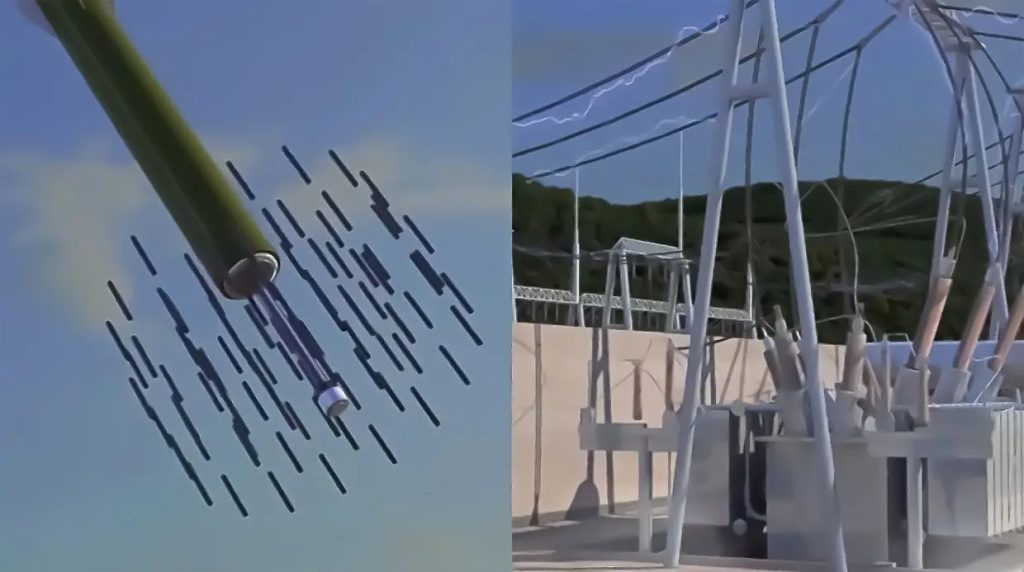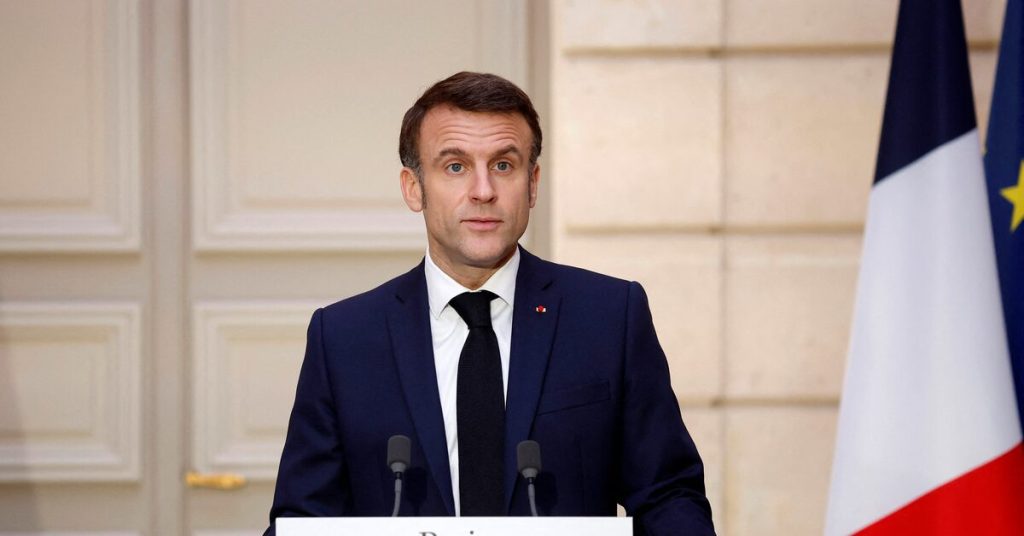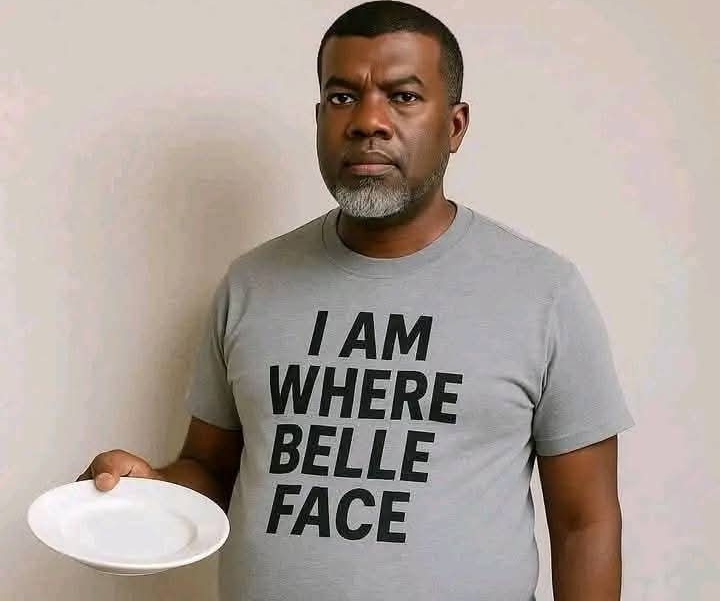Africa
Activist lists shortcomings of Nigeria’s Social Investment Programme at HIV summit

Dr Otive Igbuzor, activist, social worker and Founding Executive Director of the African Centre for Leadership, Strategy, and Development, has listed poor implementation, elite interference, inadequate targeting, funding challenges, and corruption as shortcomings that hobbled Nigeria’s Social Investment Programme, SIP.
He made the claim in a recent address at the Economic Summit for the Association of Women Living with HIV and other marginalized groups in Nigeria.
This government initiative comprises the N-Power program, the National Home Grown Feeding Programme, and the Conditional Cash Transfer program, all aimed at addressing unemployment, providing meals to school children, and supporting vulnerable households.
He emphasized the breach of the National Gender Policy’s affirmative action clause, stressing the importance of women’s participation in national development.
Historically marginalized in various spheres, women and other marginalized groups face barriers hindering their full engagement in economic, social, and political opportunities.
For sustainable development, Igbuzor stressed the necessity of inclusive growth strategies encompassing economic empowerment, social inclusion, political participation, and infrastructure development.
He underlined the imperative of addressing the unique challenges faced by marginalized groups to ensure their meaningful participation in national progress.
Ms. Beatrice Eyong, the Country Representative to UN Women Nigeria and ECOWAS, reiterated the distinct experiences of marginalized groups such as women living with HIV, disabled women, older women, indigenous peoples, and refugees in the face of extreme poverty and deprivation. Collaborating with UNAIDS and other partners, UN Women has been providing institutional and technical support to empower these groups for their contribution to national development.
The Summit aimed to bolster existing efforts and ensure the inclusion of marginalized groups in policy and programs, enabling them to realize their full potential.
By recognizing and addressing the specific needs of these groups, Nigeria can foster a more inclusive and equitable society, driving sustainable development and progress for all its citizens.
For Diaspora Digital Media Updates click on Whatsapp, or Telegram. For eyewitness accounts/ reports/ articles, write to: citizenreports@diasporadigitalmedia.com. Follow us on X (Fomerly Twitter) or Facebook



